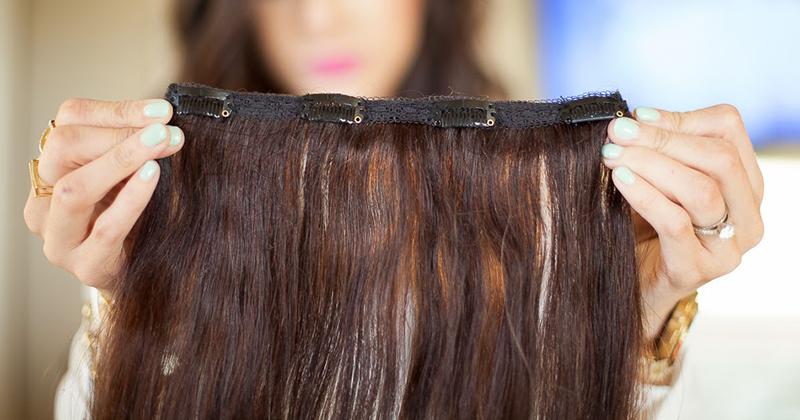
Photo Credit: Profitable Stylist
Hair Extensions Industry Struggles With Ethicality
By Emilie Marie BreslinJune 22 2018, Updated 9:05 p.m. ET
Many who crave or have hair extensions usually don’t know where their luscious locks originate…and it usually wasn’t an ethical transition. Unless regulated, people won’t know where the hair they’re buying is from.

Photo Credit: Refinery29
Currently in high demand are Brazilian and Russian hair. Unprocessed hair (virgin hair) with its strands in the same direction (remy hair) is the key standard since it indicates health, smoothness and in general, it looks better. “The demand far outweighs the supply, so hair companies fake it by chemically processing any hair they can find or they buy hair from sources that cannot be traced,” according to Refinery29.

Photo Credit: Rebel Circus
Today, most hair originates in Myanmar in Asia (suffered catastrophic genocide in the last 2 years), Ukraine (recovering from a revolution and in dispute with Russia), Venezuela (starvation from government in turmoil), and Tunisia (unstable since Arab Spring in 2011).
According to Refinery29, “there’s no shortage of stories of women and children being attacked for their hair – robbed by gun or knifepoint in Venezuela, India, South Africa, Ukraine, Myanmar, and elsewhere – and held down as thieves forcibly cut off their ponytails. Without required traceability, the door is left open for this to happen all over the world by criminals hoping to make a quick buck on virgin hair.” However, it is more common for hair dealers to travel regionally to buy hair from women who are willingly to give it to collect a larger amount of quality hair.

